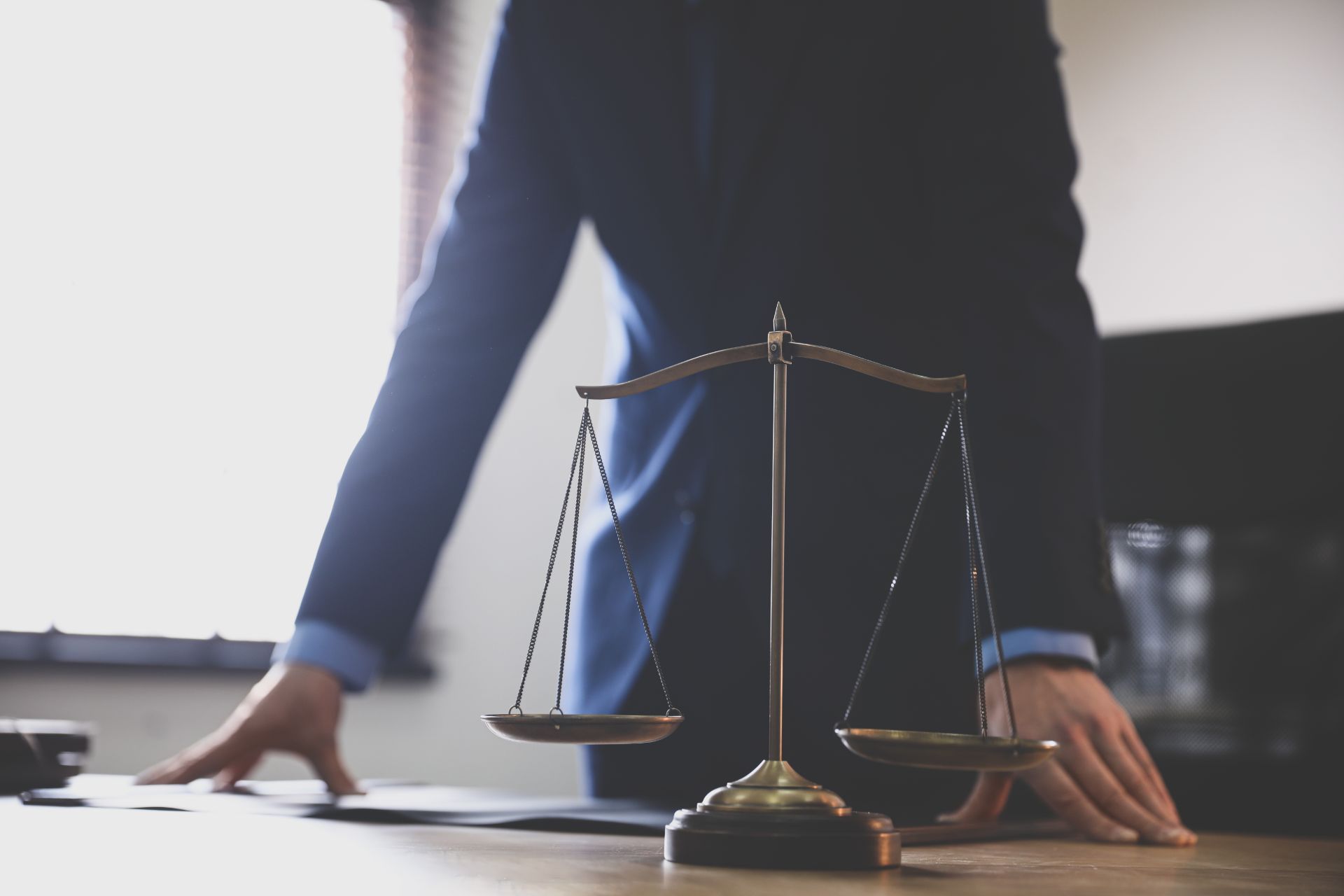Help with Multiple DWI Cases in Dallas, TX

Anyone who has been arrested for DWI is aware of the major ramifications such an arrest carries. In addition to losing your license, you likely paid serious fines and penalties, lost workdays to court, and generally were subject to a significant amount of stress.
Being arrested for a second or subsequent DWI, however, carries even more severe consequences, and can bring immense upheaval into your life. If you have multiple DWI offenses, it is very important to have an experienced Dallas DWI defense attorney by your side.

Slide title
Write your caption hereButton
Why multiple DWIs become more serious
The more times you are arrested for DWI, the more serious the charges against you become and the more the penalties you face are enhanced. The state of Texas treats DWI very seriously, especially given the statistics. In 2014, 667 deaths, the majority of fatal crashes in Texas, involved alco hol. Also, Texas has no lookback period. This means even if you were arrested for a DWI 25 years ago, you will still be charged as a multiple offender if arrested a quarter-century later.
Penalties for second, third, or subsequent DWIs
If you are charged for a second time with DWI, you will be charged with a Class A misdemeanor and can serve up to one year in jail. Your license can also be suspended for up to two years. There will be other costs as well, including fines to have your license reinstated and keep it active for the next three years after your serve your suspension. These $2,000 annual fees to keep your license after reinstatement is on top of the actual criminal sentence, which can range from up to two years in prison, 80 to 200 hours of community service, and a fine of up to $4,000. You may also be required to attend a substance abuse program if the court thinks it is in your best interest. Ignition interlock (the device you have to blow in to start your car) is mandatory.
A third or subsequent DWI arrest is a grave legal matter, and you will face felony DWI charges. Texas law will also require your car to be fitted with an ignition interlock device as a condition of your release. A device like this works similar to a breath test, and your car will not start until you blow into the machine. If you have any alcohol in your bloodstream, your car will not start.
The penalty for a third-degree felony in Texas is a prison term of at least two years and as many as ten years, with an accompanying fine of up to $10,000. You will also be required to complete anywhere from 160 to 600 hours of community service. You also face a loss of driving privileges that will range from six months to two years after your sentence is served.

